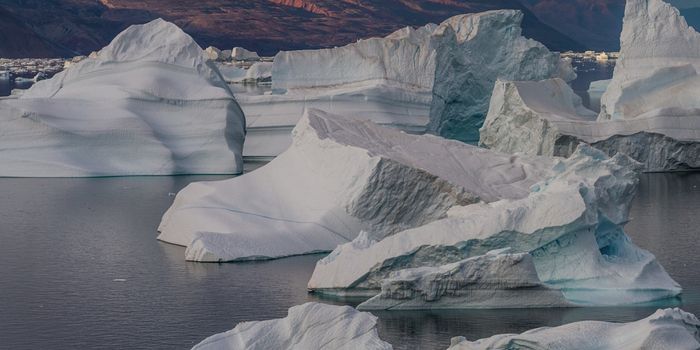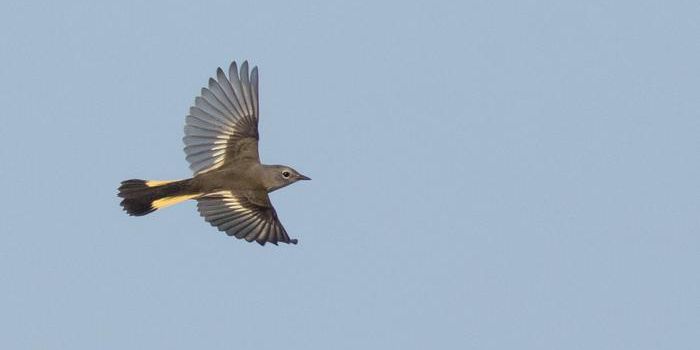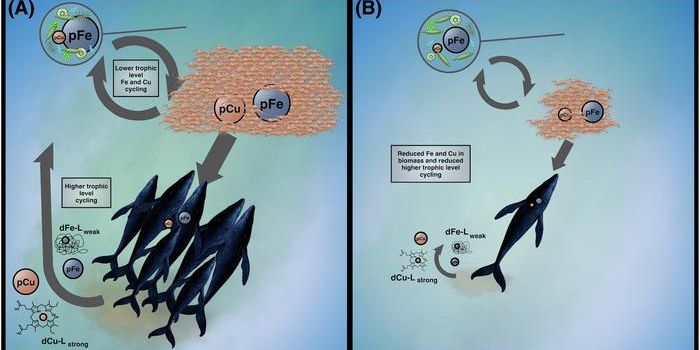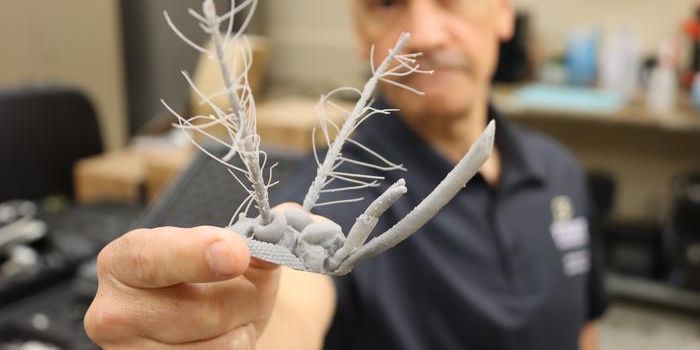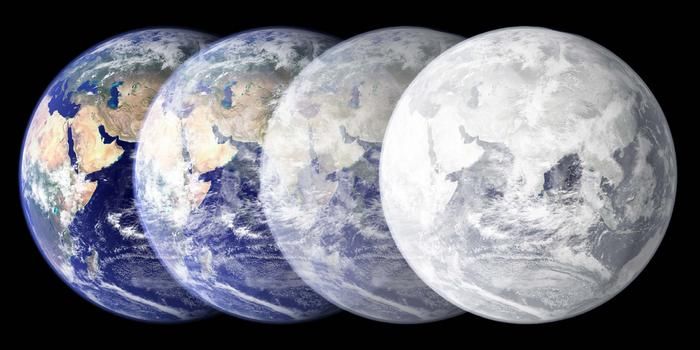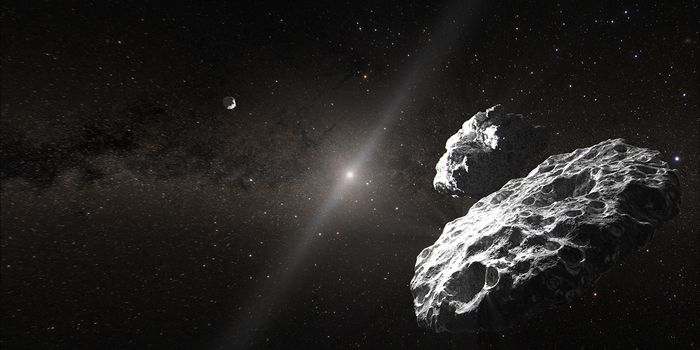Climate Change and Extinction: Insights from the Fossil Record of Marine Invertebrates
Is there a historic connection between climate change and animal extinction? This is what a study published today in Science hopes to address as a team of researchers from Oxford University and the University of Bristol investigated if past climate change contributed to extinctions of marine invertebrates, specifically shellfish, snails, and sea urchins. This study holds the potential to help climatologists, researchers, and legislators better understand both the short- and long-term effects of climate change on biodiversity across the globe.
For the study, the researchers built a dataset comprised of more than 290,000 fossil records with the goal of ascertaining which characteristics attributed to an animals’ toughness during times of stress, or their resistance to events that could result in extinction, specifically temperature. After combining this dataset with climate model data, the researchers ascertained a greater risk of animal extinction rates were attributed to climate change, specifically temperature increases of 44.6 degrees Fahrenheit (7 degrees Celsius). Additionally, the team discovered animals residing in polar regions experienced increased susceptibility to extinction from climate change, as well.
“Our study revealed that geographic range was the strongest predictor of extinction risk for marine invertebrates, but that the magnitude of climate change is also an important predictor of extinction, which has implications for biodiversity today in the face of climate change,” said Dr. Cooper Malanoski, who is a paleobiologist in the Department of Earth Sciences at the University of Oxford and lead author of the study.
This study comes as climate change continues to ravage the planet, including scientists naming February 2024 as the “warmest on record globally”.
What new connections between climate change and animal extinction will researchers make in the coming years and decades? Only time will tell, and this is why we science!
As always, keep doing science & keep looking up!
Sources: Science, EurekAlert!, The Guardian
Featured Image: Artist illustration of marine biodiversity during the late Triassic Period before and after a climate change event. (Credit: Maija Karala)

